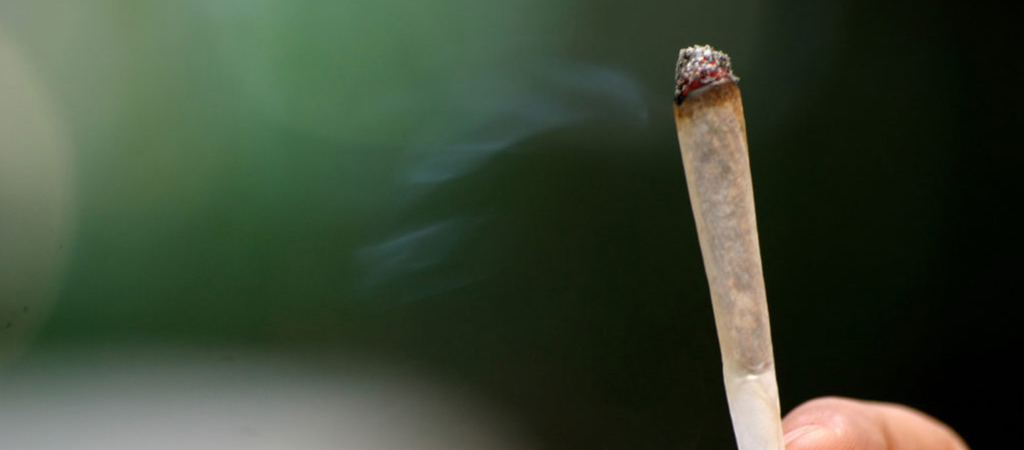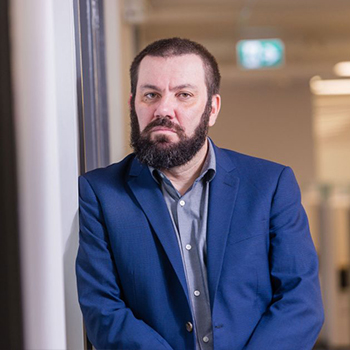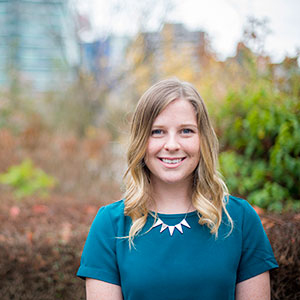For those using illicit opioids to manage their chronic pain, cannabis may be a beneficial – and a less dangerous – alternative, according to new research from the BC Centre on Substance Use (BCCSU).

Researchers from the University of British Columbia’s faculty of medicine and BCCSU interviewed more than 1,100 people at highest risk of opioid overdose in Vancouver between 2014 and 2017 who reported substance use and major or chronic pain. They found that daily cannabis use was associated with significantly lower odds of daily illicit opioid use, suggesting people are replacing opioids with cannabis to manage their pain.

M-J Milloy
The study was published today in a special issue of PLOS Medicine on substance dependence.
“These findings, in combination with past research, again demonstrate that people are using cannabis to help manage many different conditions, including pain. And in some cases, they’re using cannabis in place of opioids,” says senior author Dr. M-J Milloy, the Canopy Growth professor of cannabis science at UBC and a research scientist at BCCSU. “In the midst of an ongoing public health emergency caused by opioid overdose deaths, the results suggest that increasing access to cannabis for therapeutic purposes could help curb overdose risk associated with illicit opioid use.”
Results from a statistical model showed that people who used cannabis every day had nearly 50 per cent lower odds of using illicit opioids every day compared to cannabis non-users, whereas people who reported occasional use of cannabis were neither more nor less likely than non-users to use illicit opioids on a daily basis.
“In the midst of an ongoing public health emergency caused by opioid overdose deaths, the results suggest that increasing access to cannabis for therapeutic purposes could help curb overdose risk associated with illicit opioid use.”
M-J Milloy
Researchers further found that there may be an intentional therapeutic element associated with at least daily cannabis use. For instance, daily users were significantly more likely than occasional users to report a number of therapeutic uses of cannabis, including addressing pain, stress, nausea, mental health, and symptoms of HIV or side effects of HIV antiretroviral therapy, or improving sleep.

Stephanie Lake
The findings suggest that some people who use drugs and who are experiencing pain might be using cannabis as an ad-hoc, self-directed strategy to reduce the frequency of opioid use.
“These findings point to a need to design formal clinical evaluations of cannabis-based strategies for pain management, opioid use disorder treatment supports, and wider harm reduction initiatives,” says Stephanie Lake, a PhD candidate at UBC’s school of population and public health, and the lead author of the study.
Milloy is currently planning controlled trials to evaluate whether cannabis could help people with opioid use disorder stay on their treatment and serve as a substitute to opioid use.